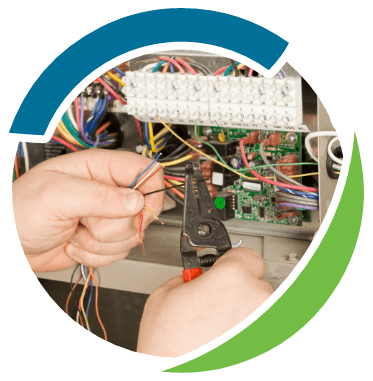```
Furnace Maintenance Tips
Regular furnace maintenance is crucial to ensuring the longevity and efficiency of your heating system. Simple tasks, such as changing the air filter every one to three months, can significantly impact the performance of your furnace. Additionally, scheduling professional inspections at least once a year can help identify potential issues before they escalate into costly repairs.
Another important aspect of furnace maintenance is keeping the surrounding area clear of debris and obstacles. Furnaces need sufficient airflow, and any blockages can lead to inefficiency and overheating. By making it a habit to check your furnace's surroundings, you can help maintain optimal performance and ensure that your home remains cozy throughout the winter months.
Signs You Need Furnace Replacement
Recognizing the signs that your furnace may need replacement is essential for maintaining a comfortable living environment. If your furnace is over 15 years old and starts requiring frequent repairs, it may be time to consider a replacement. Additionally, increasing energy bills can indicate that your system is working harder than necessary, which often means it's losing efficiency.
Another sign to look out for is uneven heating throughout your home. If certain rooms are significantly colder than others, it can suggest that your furnace is struggling to distribute heat evenly. In such cases, a new, more efficient furnace could help improve comfort levels and reduce energy costs in the long run.
Benefits of Smart Thermostats
Investing in a smart thermostat can offer numerous advantages when it comes to managing your home’s heating system. One of the primary benefits is the ability to control your thermostat remotely via smartphone apps. This feature allows homeowners to adjust their heating preferences on the go, ensuring they return to a warm home without wasting energy while they're away.
Additionally, smart thermostats often come with learning capabilities that adjust your heating schedule based on your habits. Over time, these devices can learn when you typically leave or return home, optimizing your heating schedule to save energy. This not only leads to greater comfort but can also translate to significant savings on your energy bills.
Choosing the Right Heating System
When selecting the best heating system for your home, it's important to consider various factors, including the size of your space and your specific heating needs. Whether you opt for a furnace, heat pump, or radiant heating system, ensuring it’s properly sized for your home will maximize efficiency and comfort. Consulting a professional can provide valuable insights into the most suitable options for your living space.
Additionally, consider the fuel type that will be most economical and convenient for your household. Options like natural gas, propane, and electric systems each have their own benefits and drawbacks. By exploring various heating systems and their fuel sources, you can make an informed decision that aligns with both your comfort needs and budgetary constraints.



